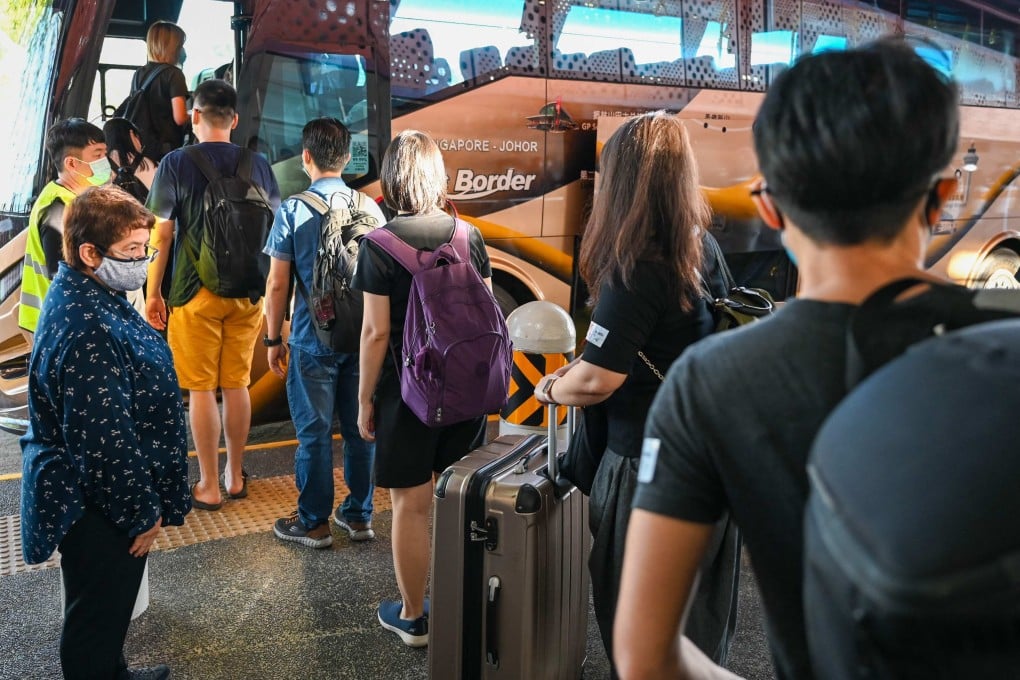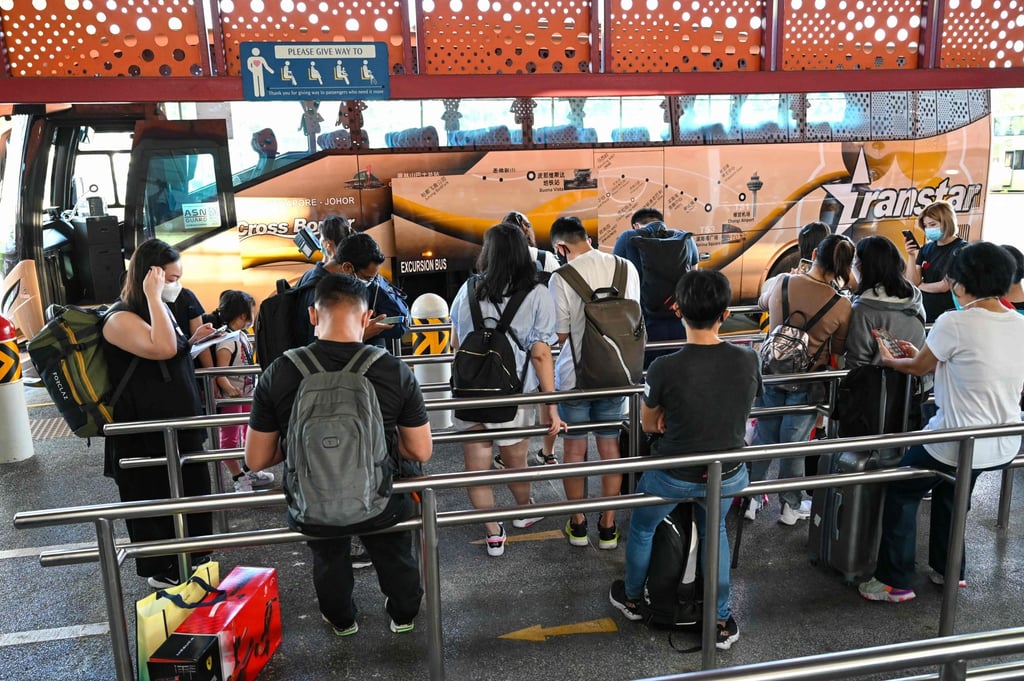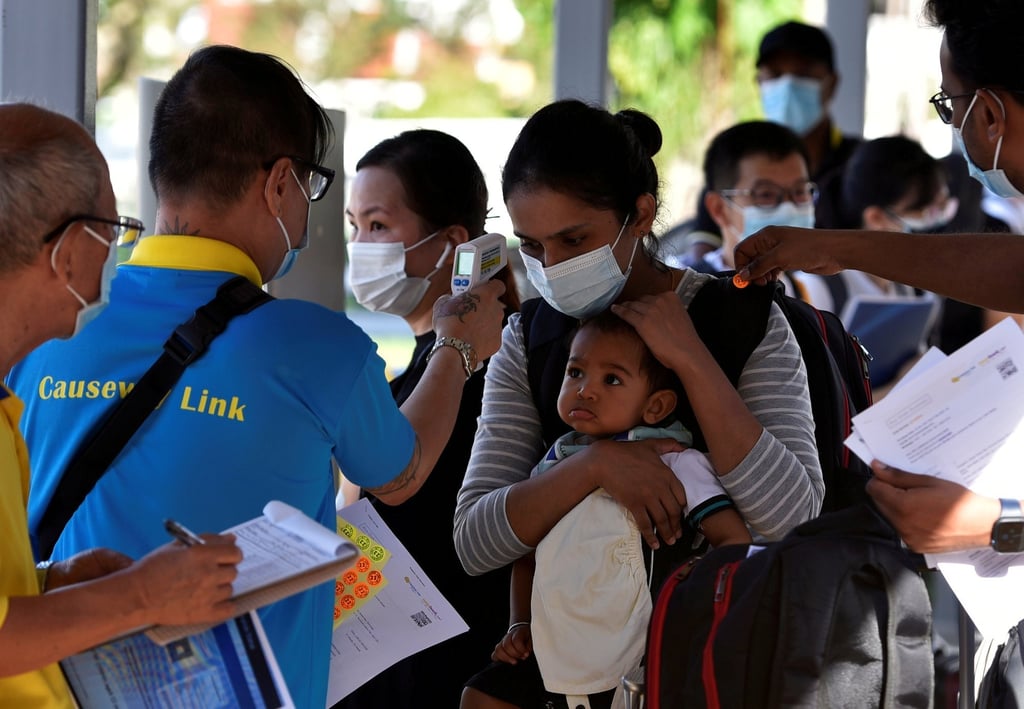Coronavirus: Singapore, Malaysia land border reopens; Japan bars foreign visitors amid Omicron fears
- Vaccinated travellers on Monday began crossing the land border between Singapore and Malaysia after nearly two years of closure due to the pandemic
- Elsewhere, Japan will bar entry to foreign visitors from November 30, while Australia has delayed its plans to reopen to skilled migrants and students

Singapore and Malaysia reopened one of the world’s busiest land borders on Monday, allowing vaccinated travellers to make the crossing after nearly two years of closure due to the Covid-19 pandemic.
The sudden closure of the border in March last year left tens of thousands people stranded on both sides, separated from families and fearing for their jobs.

Under the new arrangement, up to 1,440 travellers from each side can travel if they hold citizenship, permanent residency or long-term visas in the destination country, without undergoing quarantine, according to guidelines published by the Singapore government.
A vaccinated air travel lane between the two countries also started on Monday.

Joyful scenes played out in Malaysia as people reunited with their loved ones.